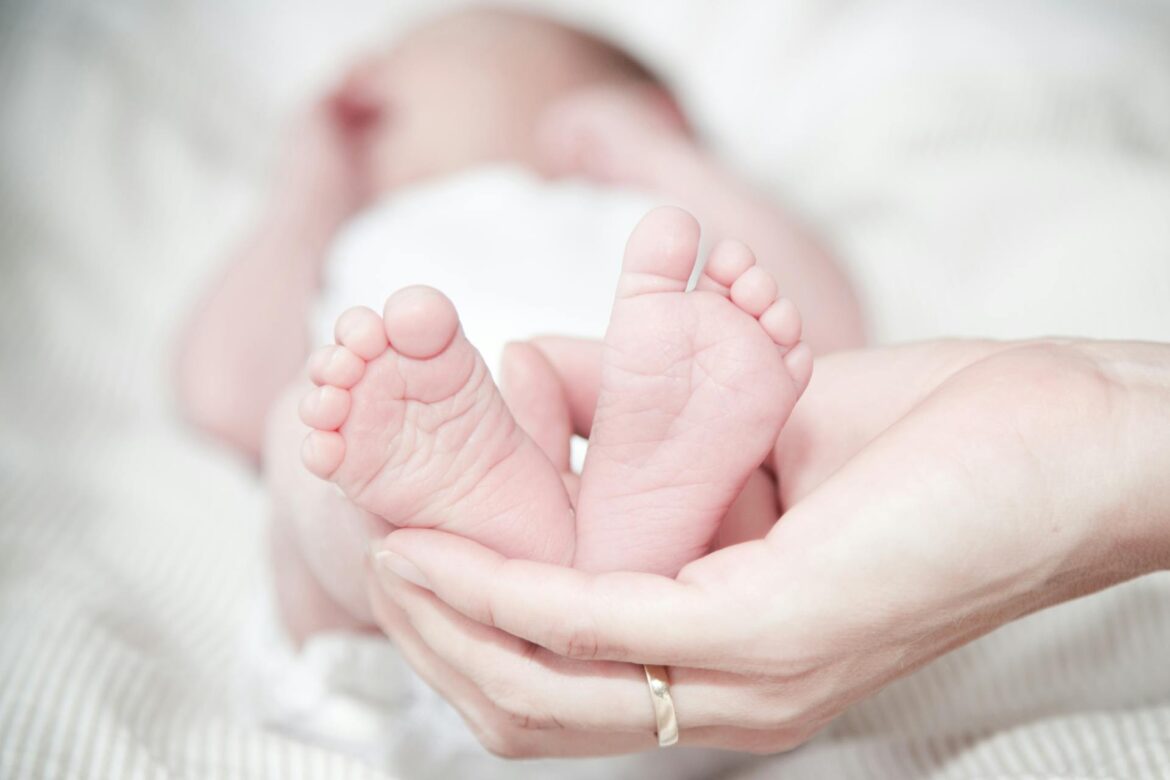A groundbreaking study has found that babies born through in vitro fertilization (IVF) are twice as likely to develop potentially deadly heart defects compared to those conceived naturally. The risk is even higher if the baby is born as part of a twin or multiple birth. These findings, published in the peer-reviewed journal Heart, could help doctors diagnose congenital heart conditions earlier and improve treatment outcomes.
IVF and Congenital Heart Defects: A Major Health Concern
Congenital heart defects can be life-threatening, often requiring surgery in newborns. Professor Ulla-Britt Wennerholm, of the University of Gothenburg in Sweden, emphasized the importance of early diagnosis. “Knowing which babies are at the greatest risk can help us diagnose heart defects as early as possible and ensure the right care and treatment are given,” she stated.
The Largest Study of Its Kind
The study analyzed the medical records of over 7.7 million children born in Denmark, Finland, Norway, and Sweden over the last 20 to 31 years. Researchers compared babies conceived through assisted reproductive technology (ART), such as IVF and embryo freezing, with those conceived naturally.
Key Findings:
Babies born through IVF had a 36% higher risk of developing congenital heart defects compared to those conceived naturally.
The risk escalated for twins and multiple birth babies, with major heart defects affecting 2.47% of twin births and 1.15% of other multiple births.
Factors like the mother’s age, whether she smoked during pregnancy, and any pre-existing conditions such as diabetes or a history of heart defects were also considered in the study’s analysis.
What Could Be Causing the Increased Risk?
Experts believe that the link between infertility and congenital heart defects may stem from shared biological factors affecting both parents’ fertility and the baby’s heart development.
The findings underscore the need for enhanced prenatal monitoring for babies conceived through assisted reproduction methods. Early diagnosis and intervention could save lives by ensuring babies born through IVF receive the best possible care from birth.
Implications for IVF Families
With the rise of IVF and other fertility treatments, the results of this study are crucial for expecting parents and healthcare providers. By identifying babies at a higher risk for heart defects, doctors can take preventive steps and provide tailored care from the earliest stages of life.



